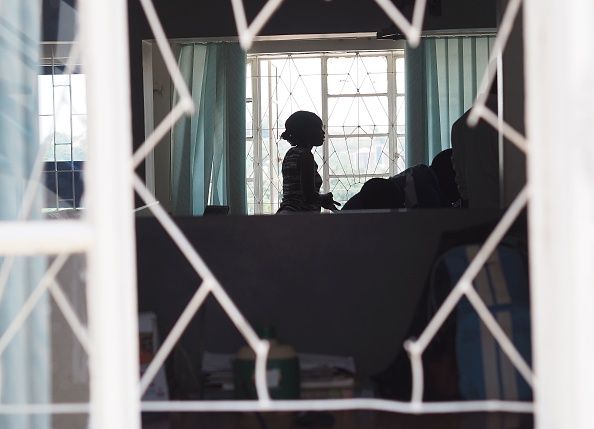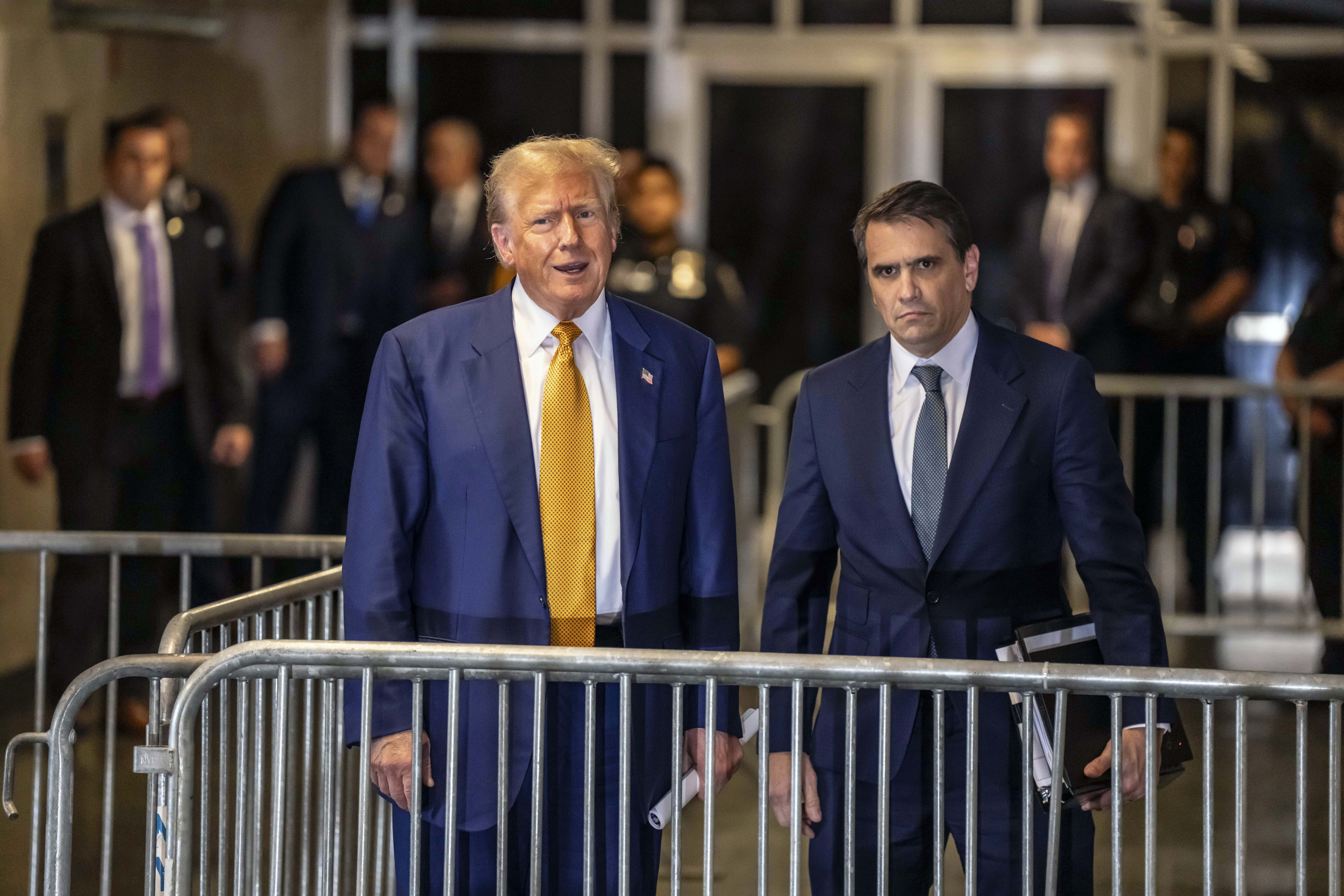
Ugandan police arrested at least six journalists as they marched in the capital Kampala to commemorate World Press Freedom Day on Wednesday, local media reported.
The journalists, part of the Ugandan Journalists Association (UJA), staged the march following a disagreement among members of the UJA executive council on where to hold World Press Day celebrations, according to local news site ChimpReports.
While one group decided to hold celebrations at the Imperial Royale Hotel in Kampala, 25 members organized parallel celebrations at the Emerald Hotel as well as a march in the capital.
Those arrested were subsequently released, with no charges filed.
A Kampala Metropolitan Police spokesperson told ChimpReports the journalists were arrested because they had failed to notify authorities about the planned procession.
Ugandan news site The Observer said the number of journalists arrested was eight, not six. It also quoted Assistant Inspector of Police, Asan Kasingye, as saying: "I have ordered for the release of any arrested journalist. It's not right. Today is World Press Freedom day. Police must not be embroiled in factions of journalists."
The arrest came days after non-governmental organization Reporters Without Borders released its 2017 Press Freedom Index. Uganda ranked 112 out of 180 in the report, 10 positions down from 2016.
The report claimed acts of intimidation and violence against journalists are "an almost daily occurrence in Uganda."
"The 2016 presidential election saw serious media freedom violations, including threats to close down media outlets, Internet cuts, and verbal and physical attacks on reporters, especially those covering the opposition leader," it continued.
"Since [President] Yoweri Museveni became president in 1986, many journalists who do not toe the government line have been suspended, stripped of their equipment, or badly beaten by ruling party members or security agents."
Rights groups have condemned Uganda for its record on freedom of expression and freedom of the press.
Angela Quintal, Africa Program Coordinator at the Committee to Protect Journalists, told Newsweek in April that "there have been several cases in Uganda that have raised concerns about the deteriorating climate for media freedom."
The High Commission of Uganda in London has not replied to a request for a comment.
The Uganda Human Rights Commission—established under the country's 1995 constitution —said in a statement Wednesday it recognizes "improvements in the operating environment for the media in Uganda since the adoption of the liberalization press policy in 1993."
"Uganda has witnessed a high rate of growth of a vibrant and dynamic media industry covering divergent interests and views, also supported by of enabling laws to protect the freedom of expression and safety of journalists," the statement added.
Uncommon Knowledge
Newsweek is committed to challenging conventional wisdom and finding connections in the search for common ground.
Newsweek is committed to challenging conventional wisdom and finding connections in the search for common ground.
About the writer
To read how Newsweek uses AI as a newsroom tool, Click here.








